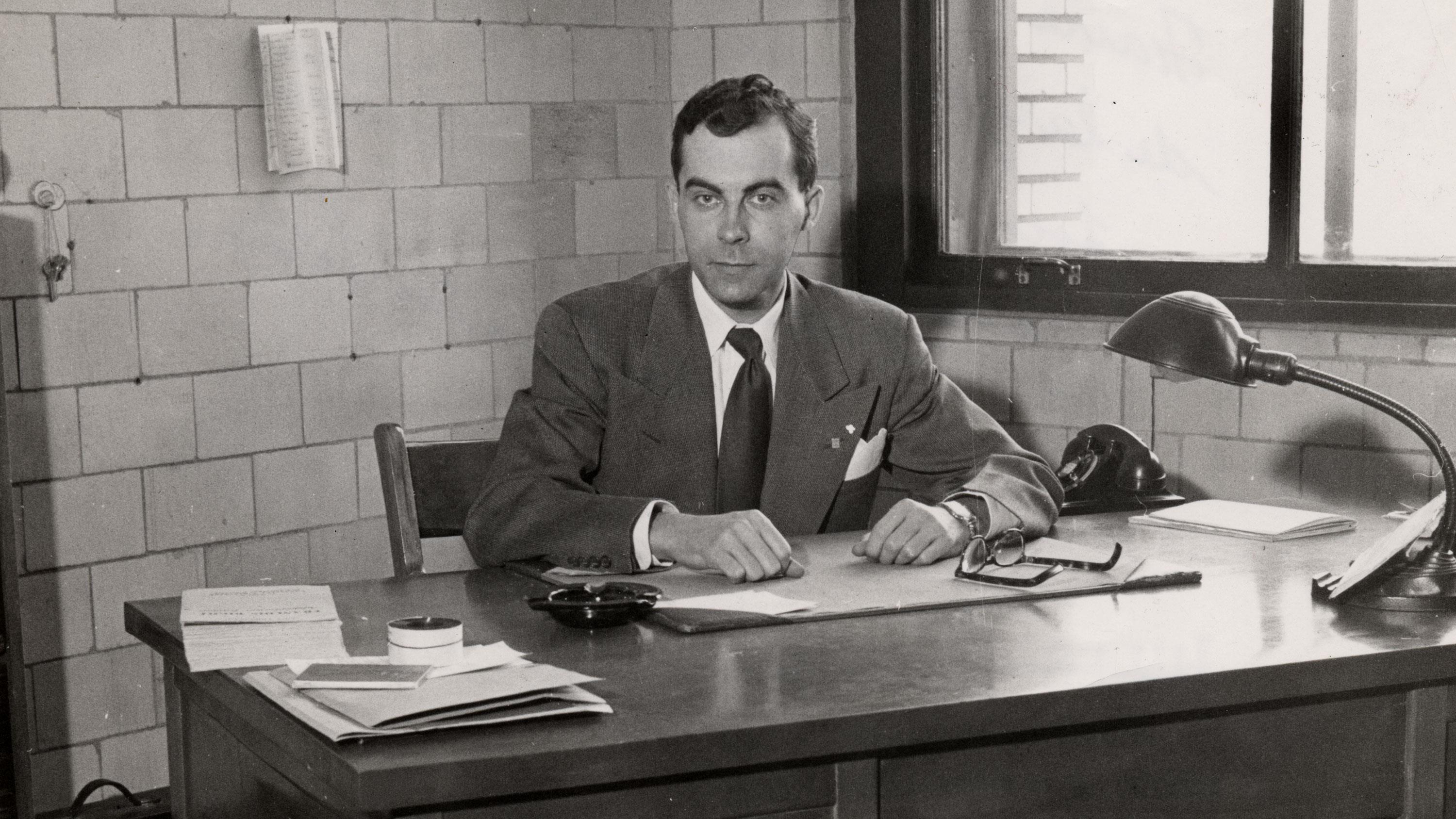Guy Frégault’s essential perspective on New France
Posted on May 11, 2021
His rigor has contributed to the professionalization of the profession of historian in Quebec. It also made it possible to see the period of New France as the budding of a new society, brutally interrupted by the British conquest. The historian and writer finally took part in the Quiet Revolution as first deputy minister of the Ministry of Cultural Affairs. Éric Bédard, professor of history, explains to Jacques Beauchamp that Guy Frégault saw history as a weight.
–
Guy Frégault was born in 1918 in Montreal. He attended the Faculty of Letters of the University of Montreal and published his first articles at 19 in journals National action and Succession.
Important mentors
Thanks to his articles, he was noticed by two professors, Émile Chartier and Lionel Groulx. The first urges him to become a Hellenist, but the Second World War invalidates his plan to study in Paris.
The second suggests that he study in Chicago instead. There, Frégault completed, in just 18 months, a doctorate on Pierre Le Moyne d’Iberville.
He returned to Quebec as one of the first doctorates in history and entered the Académie canadienne-française from the age of 26.
« It is someone who is crossed by the idea that history carries within it the seeds of what becomes of a society; its heavy structures, its atavisms, its demons too. »
From theory to practice
After having published works on civilization in New France, on Intendant François Bigot, on Governor Vaudreuil, then on the conquest, Guy Frégault became, in 1961, Deputy Minister in the brand new Ministry of Cultural Affairs led by Georges-Émile Lapalme. He will be there until 1966.
He also sat under the first government of Robert Bourrassa, from 1970 to 1975.
During this program, Éric Bédard explains why Guy Frégault emerged embittered from his time in politics.
–


